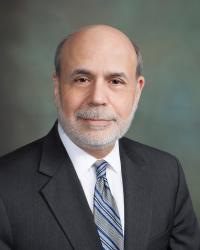

Research
BPEA | 1991 No. 2
1991, No. 2
ACCORDING TO many popular accounts, the severity of the recession that began in July 1990 was worsened by financial distress-or, at least, by financial discomfort-in a number of sectors of the economy. Much of this discussion centered on the so-called “credit crunch” in the banking sector. As early as the spring of 1990, some months before the recession began, there were newspaper reports (mostly anecdotal) of banks cutting back on lending, sometimes with deleterious effects on retailers and other bank borrowers. In June the secretary of commerce called the credit crunch a serious problem, and congressional hearings on the issue were held during the summer. As the recession arrived in July and then deepened during the fall, the view that a credit crunch was playing at least some role in the downturn became increasingly widespread among policymakers, including some at the Federal Reserve.